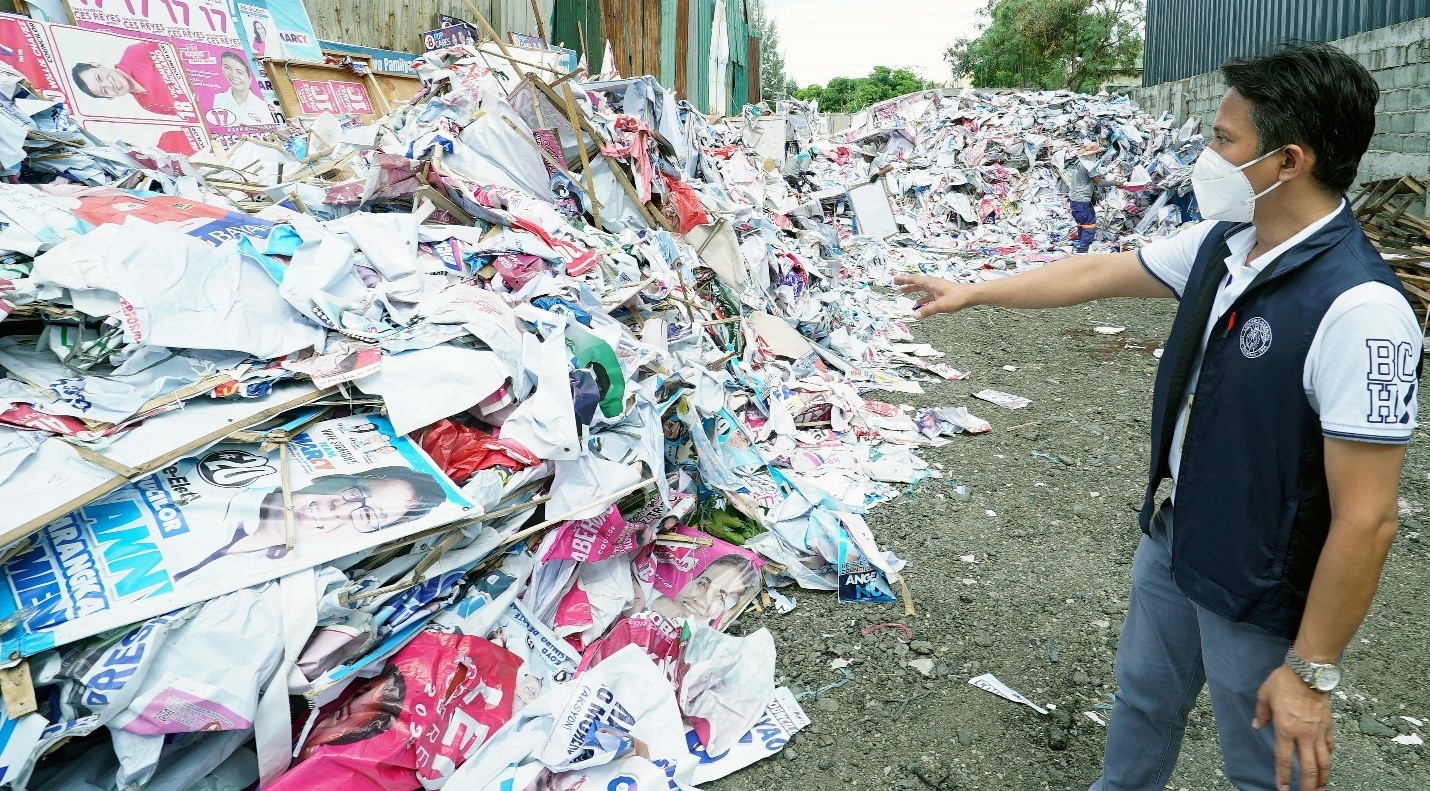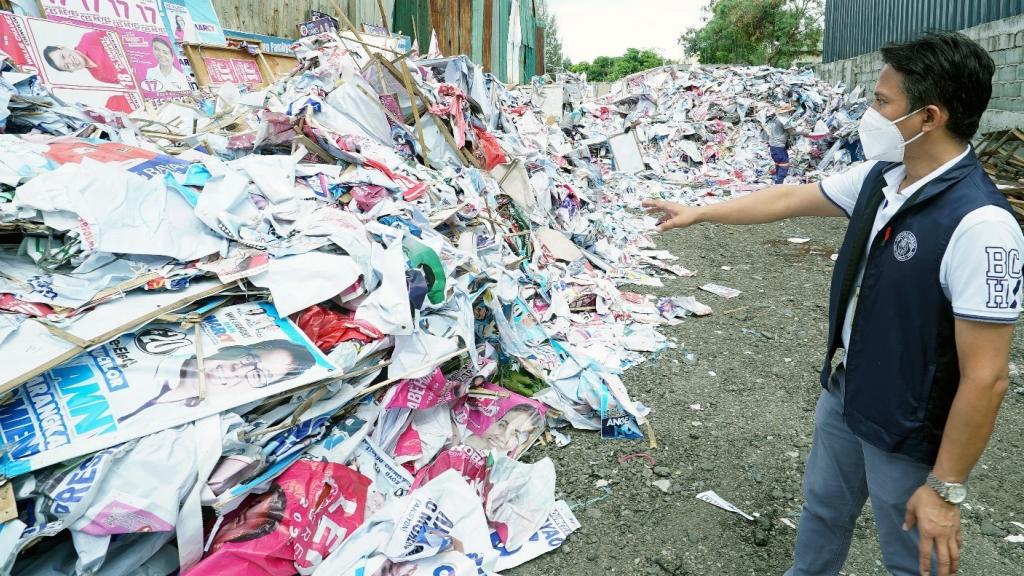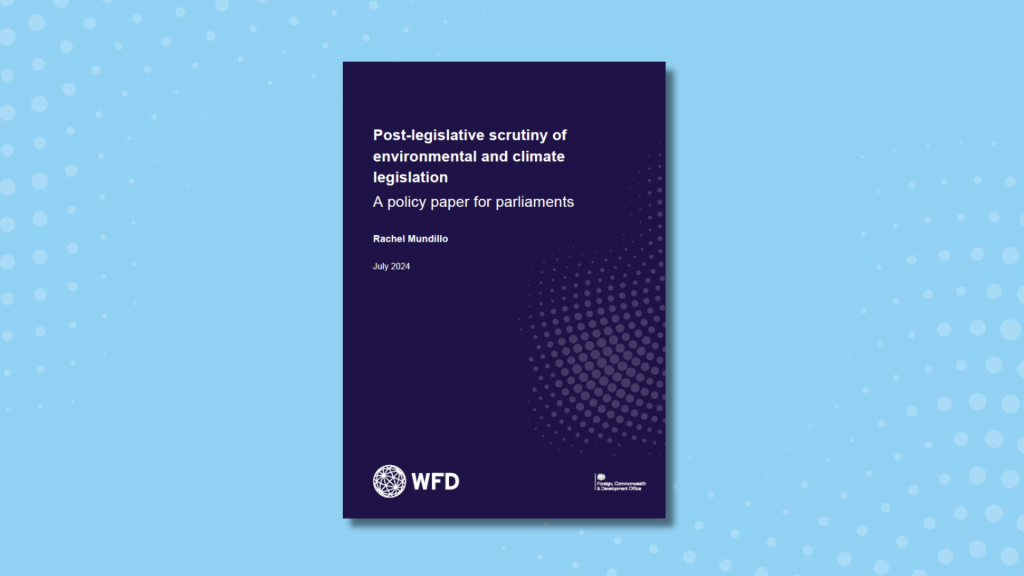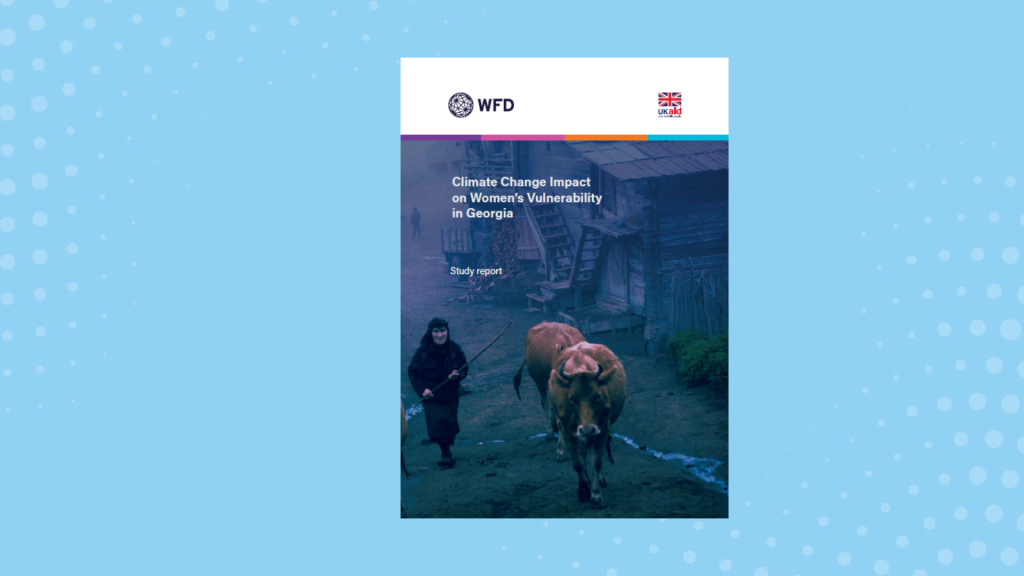Election and political campaign materials such as ballot boxes, laminated voter cards, security seals, campaign posters, and banners reach all corners of a country, including remote locations, during the electoral process. These materials are often produced from and packed with single-use plastic and non-biodegradable materials or so-called virgin plastic. Plastic production, its use and disposal are energy-intensive and a major driver of pollution, as well as of biodiversity loss, on land and at sea, with broad impacts on ecosystems.
Reducing plastic production and consumption during elections would contribute to less plastic pollution and might trigger a new way of thinking around plastic pollution among other actors. This policy paper proposes that electoral management bodies (EMBs) and political parties (PPs) can mitigate the environmental impact of delivering elections and political campaigns by reducing the usage of plastic origin materials.
Broadly speaking, making elections more environmentally friendly aligns with the democratic values of short- and long-term public interest and inclusion, and can make a positive contribution in several ways. It can influence broader societal attitudes towards sustainability, by encouraging eco-friendly behaviours among political parties, candidates and voters. It can contribute to national climate change mitigation efforts, by reducing the carbon footprint of the elections. Also, by minimising non-biodegradable materials and reducing pollution from campaign events, more environmentally friendly elections can lead to cleaner air, quieter environments, and improved public health. Avoiding plastics and in particular, single-use plastics (SUPs), and using biodegradable and recycled materials helps conserve resources like paper, promotes efficiency, aids tree cover conservation, and reduces waste.
While promoting plastic-free electoral processes that are aligned with global efforts to address the climate crisis and protect our planet's fragile ecosystems, this paper also considers that certain electoral processes are time- and security-sensitive and cannot fully align with environmental concerns. Accordingly, this paper addresses different stages of the supply chain management, highlighting areas and processes where a more environmentally friendly approach is not detrimental to electoral integrity.




